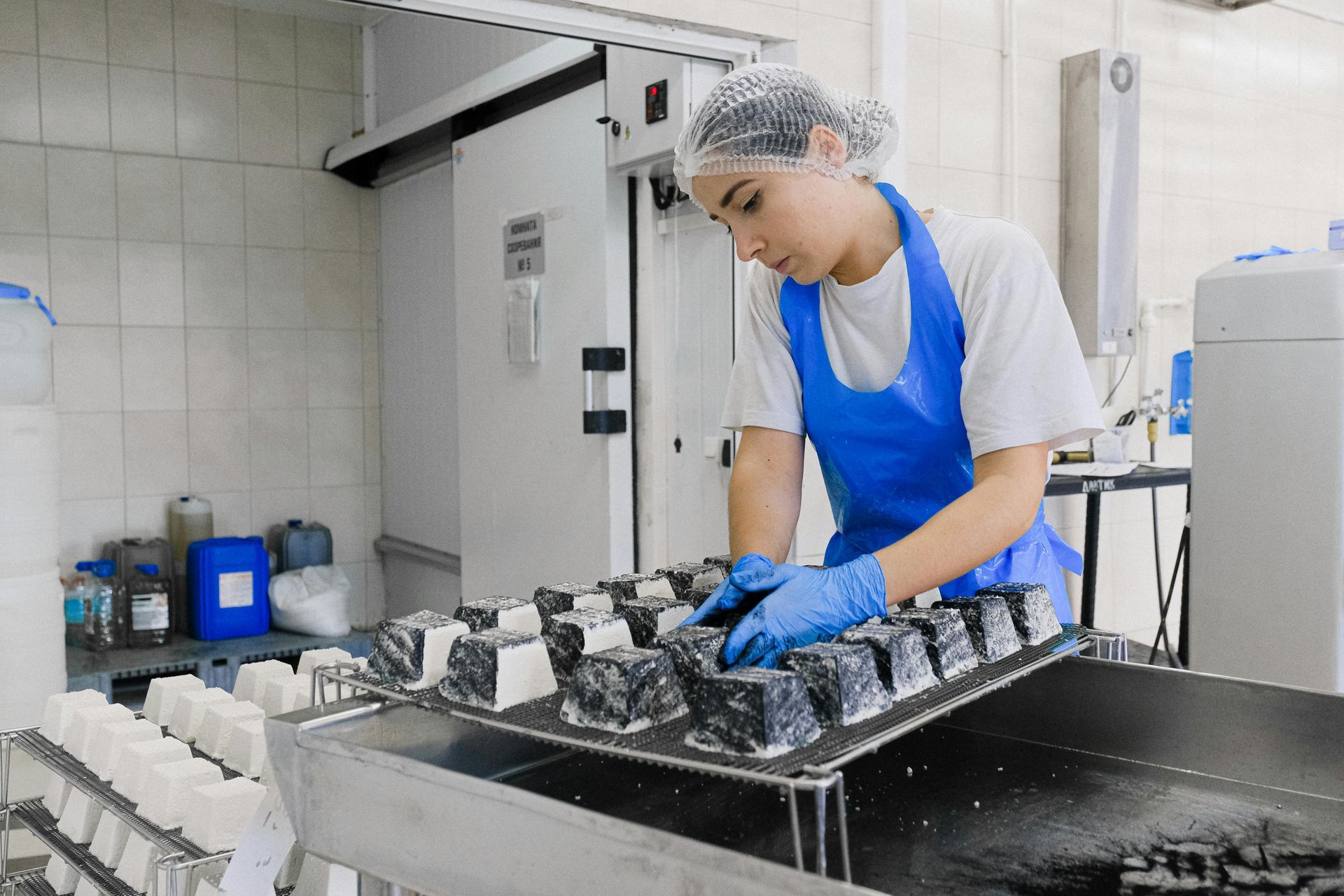Global Trends in Pharma Talent: A UK & Ireland Perspective
The pharmaceutical industry is at a pivotal moment in 2025, driven by rapid advancements in technology, personalized medicine, and a growing demand for specialized skills.

As the sector evolves, talent acquisition has become one of the most pressing challenges for companies in the UK and Ireland. With the global pharmaceutical market projected to reach $1.8 trillion by 2025, securing the right talent is critical to sustaining innovation and growth.
The Talent Landscape: Challenges and Opportunities
Skill Shortages in a Rapidly Evolving Industry
The biotech and pharmaceutical sectors are facing acute skill shortages, with 80% of firms globally struggling to fill critical roles in research, manufacturing, and regulatory affairs. In the UK specifically, the life sciences sector is projected to require an additional 133,000 skilled workers by 2030 to meet the demands of a growing industry. This shortage is particularly acute in areas such as advanced manufacturing, AI-driven drug discovery, and regulatory compliance.
In Ireland, where pharmaceuticals account for over 50% of total exports, the demand for talent is equally intense. The country has established itself as a global hub for biopharma manufacturing, but companies are increasingly competing for professionals with expertise in automation, robotics, and data analytics.
The Rise of AI and Digital Transformation
AI and digital tools are reshaping how work is conducted across the pharmaceutical sector. Over 85% of biopharma executives globally have invested heavily in AI-driven R&D to accelerate drug development and reduce costs[4]. This includes initiatives such as Sanofi’s collaboration with OpenAI to streamline patient recruitment timelines and Amgen’s use of machine learning to double clinical trial enrollment speeds. However, these advancements also necessitate workforce upskilling; more than 70% of pharma companies plan to invest in AI literacy programs by the end of 2025.
For organizations in the UK and Ireland, this means not only hiring data scientists but also reskilling existing employees to leverage AI tools effectively. AstraZeneca has already begun implementing AI training programs to ensure its workforce remains competitive.
Globalization of Talent Pools
Pharma companies are increasingly tapping into global talent pools to address skill shortages. Regions like India and Singapore have emerged as biotech hubs due to their rich talent base in bioengineering and data science. For UK-based companies navigating post-Brexit challenges, this globalization strategy is essential for maintaining access to specialized skills.
However, attracting global talent also requires addressing visa restrictions and offering competitive relocation packages. Ireland’s streamlined immigration policies have given it an edge in attracting international professionals compared to other European countries.
Strategies for Addressing Talent Challenges
Upskilling and Lifelong Learning
Upskilling has become a top priority for pharma companies. With 60% of executives emphasizing the importance of lifelong learning programs, organizations are investing in tailored training initiatives focused on high-demand areas such as genomics, bioinformatics, and regulatory compliance.
For example:
- The UK government’s Life Sciences Vision includes funding for workforce development programs aimed at closing skill gaps in advanced therapies.
- In Ireland, partnerships between universities and biopharma companies have created specialized training courses that align with industry needs.
Employer Branding
In a competitive market, employer branding plays a crucial role in attracting top talent. Companies that highlight their commitment to innovation, sustainability, and employee development are better positioned to stand out. For instance, Johnson & Johnson’s focus on diversity and inclusion has made it one of the most attractive employers globally[5].
Flexible Hiring Models
To address immediate skill shortages, many organizations are adopting flexible hiring models. This includes engaging contractors with niche expertise or leveraging remote work opportunities to access a broader talent pool. In Ireland, remote work has enabled companies to recruit specialists from across Europe without requiring relocation.
Looking Ahead: The Future of Pharma Talent
As we move further into 2025, the demand for highly skilled professionals will only intensify. Companies that prioritize upskilling, embrace digital transformation, and adopt innovative recruitment strategies will be best positioned to thrive.
In the UK and Ireland specifically:
- Collaboration between academia and industry will be key to building robust talent pipelines.
- Investment in AI literacy programs will ensure that workforces remain competitive in an increasingly tech-driven environment.
- Employer branding efforts must emphasize purpose-driven work to attract younger generations entering the workforce.
By addressing these challenges head-on, pharma companies can build a future-ready workforce capable of driving innovation and improving patient outcomes.










